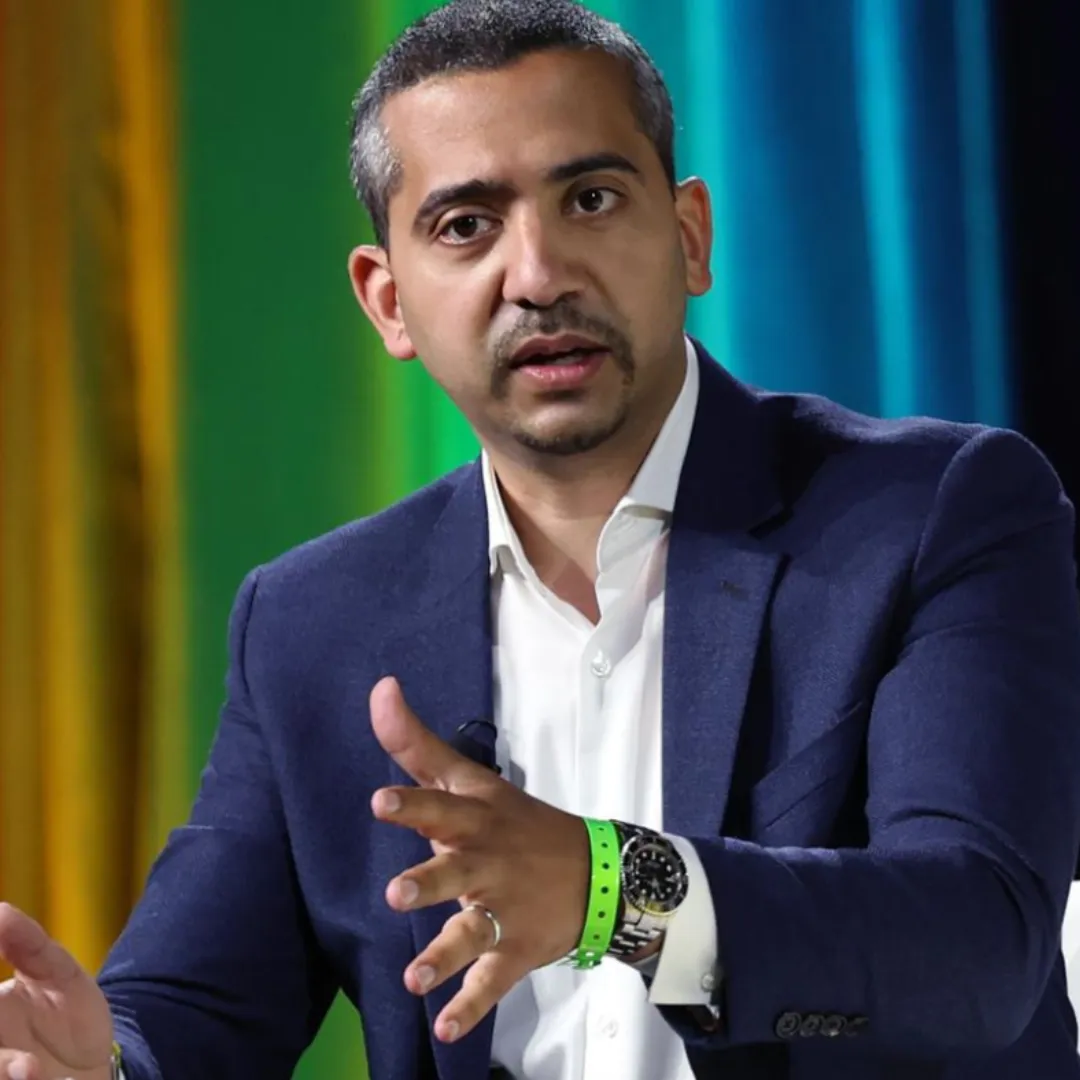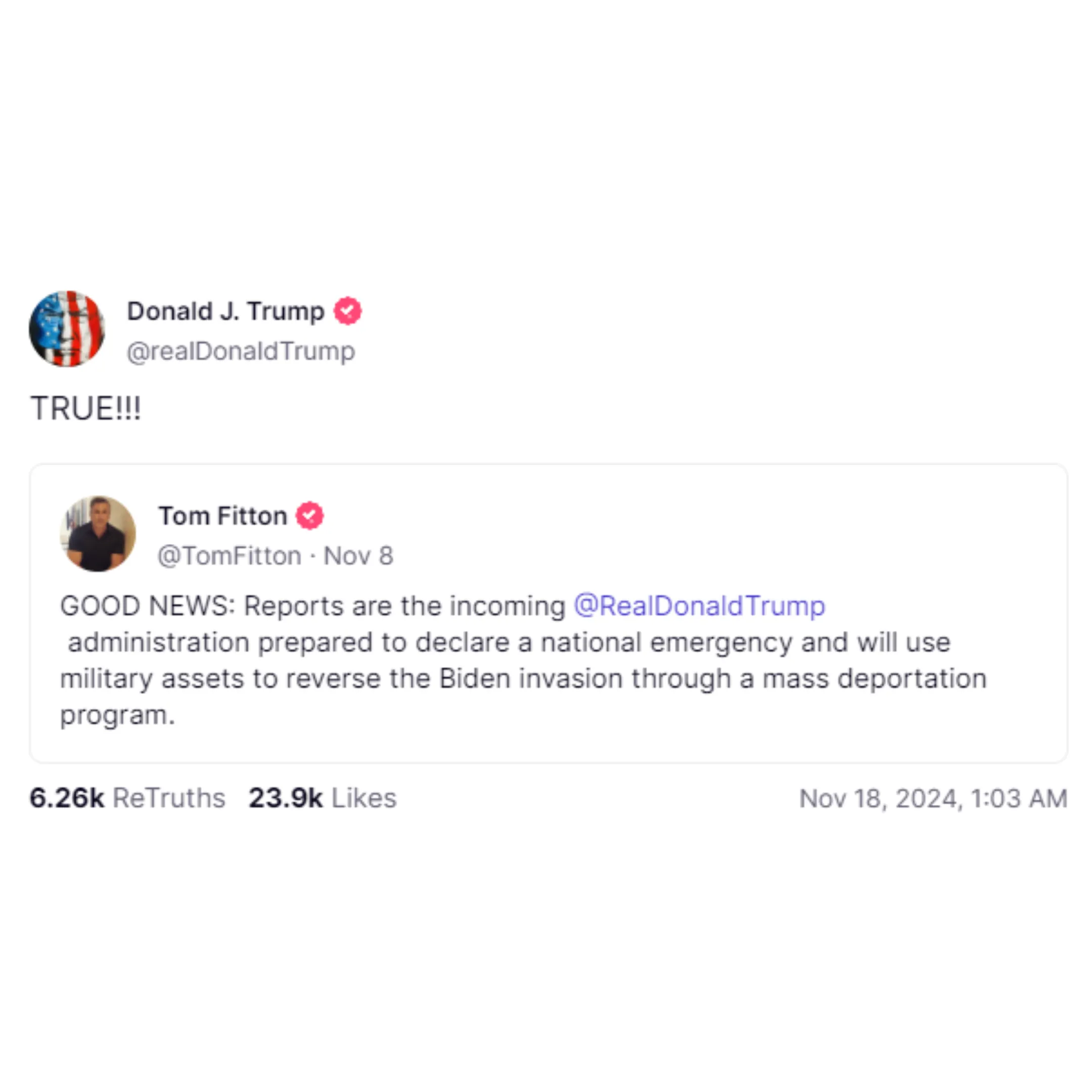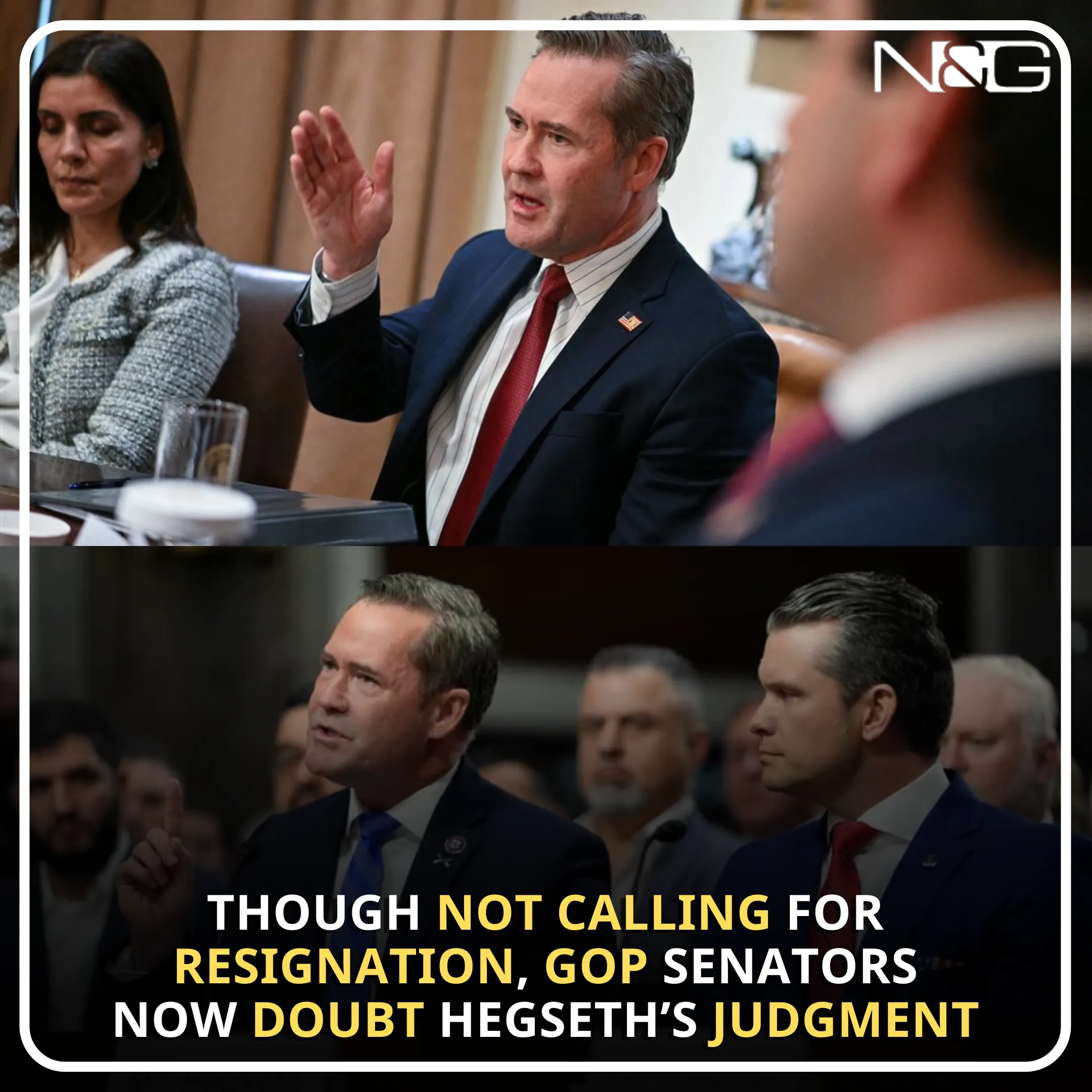
The idea of President Donald Trump running for a third term continues to spark debate across the political spectrum. For many, the concept seems like a violation of constitutional limits. However, some within the GOP seem to be pushing the boundaries of what’s considered possible in American politics.
Media personality Stephen A. Smith has been one of the most vocal critics of the notion, arguing that it fundamentally goes against the principles the Republican Party once claimed to uphold. Meanwhile, discussions about Trump’s potential third term have reached new levels, with even high-ranking GOP figures remaining silent on the issue or speculating about potential workarounds.
Stephen A. Smith, known for his sharp critiques and unfiltered opinions, recently tore into Republican voters and their leaders for entertaining the possibility of Trump running for a third term. Speaking live on Bill O’Reilly’s show, Smith called out Republicans for their supposed disregard for the U.S. Constitution.
He pointed out the irony that many in the GOP once preached about the importance of constitutional adherence but now seem willing to bypass constitutional limits for the sake of a political agenda.
"Wait a minute, you’re a Republican voter out there. I thought your party was the party that preached about the Constitution," Smith remarked, addressing GOP supporters directly.
"I thought your party was the party that said, ‘We’re not violating, we’re not circumventing, we’re not slithering our way through to get what we want,’" he continued, emphasizing the contradiction between the GOP’s past rhetoric and its current position on Trump’s third-term ambitions.
Smith’s frustration is understandable given that the 22nd Amendment of the U.S. Constitution explicitly limits any individual to two terms as president. Trump’s recent comments about potentially running again have reignited the controversy around this constitutional barrier.
According to Smith, discussions about Trump overcoming these limitations are not only reckless but also fundamentally anti-American.
The controversy gained further attention when Steve Bannon, a key ally of Trump, appeared on NewsNation’s “CUOMO” a few weeks ago. During the interview, Bannon made it clear that he and others were exploring ways for Trump to potentially circumvent term limits. Bannon stated, "I think we’ll have a couple of alternatives. We’ll see what the definition of term limit is."

This admission seemed to confirm the worst fears of critics like Smith, who accused Bannon and other Trump allies of undermining the Constitution. "Bannon was talking about violating the Constitution of the United States, the 22nd Amendment," Smith said.
He expressed frustration that many people were not taking the matter seriously, dismissing it as a passing idea rather than a legitimate threat to constitutional principles.
Smith went on to suggest that there are plenty of qualified candidates within Trump’s circle who could lead the GOP without needing to violate the Constitution. He mentioned Vice President Vance and Secretary of State Marco Rubio as potential successors who are young, capable, and ready to carry the torch for the party.
"You’ve got candidates within his Cabinet that are more than qualified to run for reelection," Smith noted. "That’s not enough," he added, criticizing the notion that only Trump could hold the GOP together.
One of the recurring arguments in favor of Trump’s potential third term is that he is a “once-in-a-generation kind of talent.” Supporters argue that his leadership is irreplaceable and that the country would suffer without him at the helm.
Smith vehemently disagreed with this sentiment. He blasted those who continue to hold on to the idea that Trump is the only one who can lead the GOP, calling it a convenient excuse for ignoring the democratic principles that have shaped the country’s political system.

"So, we’re going to circumvent every principle we stood on?" Smith asked rhetorically, challenging those who would entertain such an unconstitutional notion. For Smith, the idea that Trump is the only leader capable of guiding the nation is not only false but dangerous for the future of democracy.
Trump himself has not shied away from commenting on the possibility of running for a third term. In recent months, he has made several remarks hinting at the potential for a third term, despite the clear constitutional limits on presidential service.
His statements have stirred up considerable media attention, with some seeing it as a publicity stunt, while others view it as a serious challenge to the traditional norms of American politics.
On Sunday, Trump made his most extensive comments yet on the subject during an interview with NBC News. "A lot of people want me to do it," Trump said when asked about the possibility of running for a third term.
"But, I mean, I basically tell them we have a long way to go, you know, it’s very early in the administration. … I’m focused on the current." Trump also made it clear that he was "not joking" when discussing the issue, indicating that he was serious about the idea of potentially running again.
Trump’s repeated musings about a third term have fueled speculation that he might be laying the groundwork for a challenge to the 22nd Amendment. However, it is still unclear whether he is simply trying to provoke reactions from his opponents or whether he genuinely believes a third term is possible.
The ongoing debate reached a new level of intrigue when Senator Lindsey Graham (R-S.C.) was asked about Trump’s potential third term. When a reporter asked him whether he thought Trump could run for a third term, Graham sidestepped the question, saying, "Ask me in ’27," before walking away.
Graham’s refusal to answer seemed to signal the growing discomfort within the GOP about publicly taking a stance on Trump’s third-term ambitions.
This moment encapsulates the delicate balancing act the Republican Party faces as it grapples with Trump’s influence over the party and the constitutional limitations that restrict him from seeking a third term.
While some GOP leaders are choosing to stay silent or deflect questions on the topic, others are openly discussing the possibility of circumventing the Constitution to keep Trump in power.

Despite the clear constitutional barrier, the debate about Trump’s potential third term continues to gain momentum. In January, Representative Andy Ogles (R-Tenn.) proposed an amendment to the Constitution that would allow Trump to run for a third term.
Ogles argued that Trump had "proven himself to be the only figure in modern history capable of reversing our nation’s decay and restoring America to greatness" and that he deserved the time necessary to complete this mission.
While this proposal has yet to gain significant traction, it highlights the deep divisions within the Republican Party over Trump’s role in its future. Some members of the GOP see Trump as the only leader capable of restoring the country to its former glory, while others, like Smith, believe that the party must move on from his leadership and embrace new ideas.
As the debate over Trump’s potential third term continues to unfold, it is clear that the issue is dividing the Republican Party. While some within the party are pushing for ways to bypass the constitutional limits on presidential terms, others, like Stephen A. Smith, argue that this is a dangerous path that goes against the principles of democracy and the Constitution.
GOP’s handling of this issue will likely have far-reaching consequences for its future, as the party must decide whether to stand by its constitutional values or abandon them in the name of political expediency.



